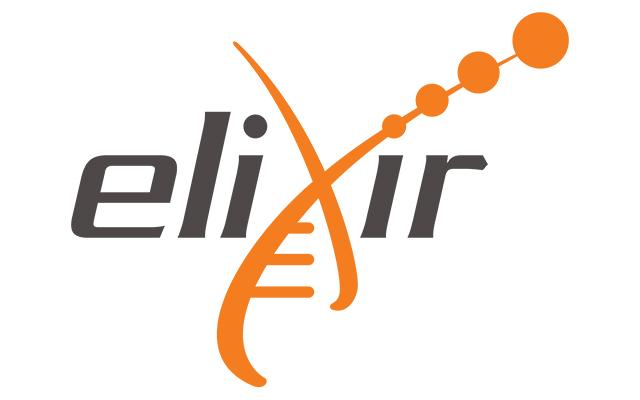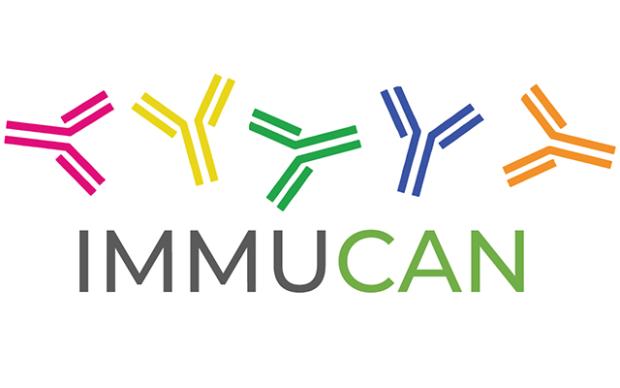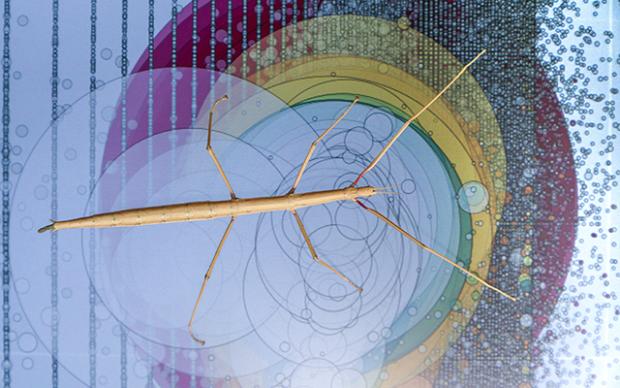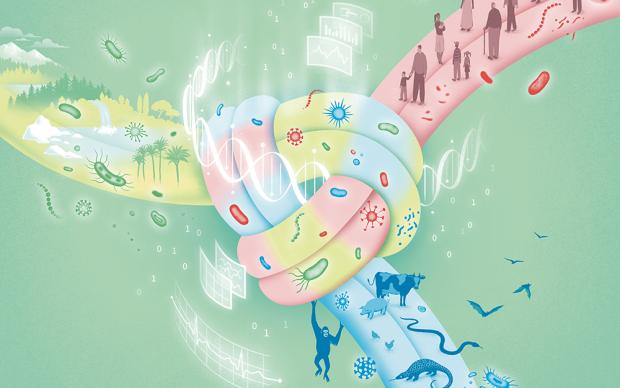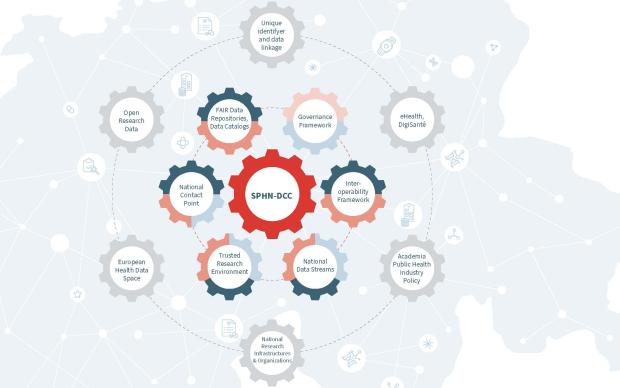A strategy co-developed by SIB will guide work across 21 European countries to harness diverse data types that support research on biodiversity, food security, and pathogens. The strategy was released by the European life sciences infrastructure ELIXIR – of which SIB is the Swiss node – for a 2024-28 priority area. The initiative aligns with our own strategic priorities and work to connect biological knowledge and resources, unlock the potential of ‘omics’ data for better health, and contribute to environmental conservation.
ELIXIR is an intergovernmental organization that coordinates and develops life science resources across Europe. It brings together over 240 research organizations across 22 member and three observer countries. Each member country has a ‘node’: a collection of national research institutes that run the resources and services which are part of ELIXIR. SIB is the Swiss node, and among the largest of all national nodes. Five SIB Resources are recognized as ELIXIR Core Data Resources, that is, of fundamental importance to the wider life-science community and the long-term preservation of biological data.
Enabling large-scale One Health solutions
Maintaining biodiversity, ensuring food security, and combating pathogens are fundamental for ensuring human well-being and environmental health. Life science data are key to developing solutions for these interrelated global challenges, from restoring ecosystems and developing new crops to identifying and treating emerging zoonotic diseases. However, such interdisciplinary data are often difficult to connect and harness, due to issues like limited availability of open data, heterogeneous data standards, and a lack of common bioinformatics tools for analysing different data types.
ELIXIR is an intergovernmental organization that coordinates and develops life science resources across Europe. It brings together over 240 research organizations across 22 member and three observer countries. Each member country has a ‘node’: a collection of national research institutes that run the resources and services which are part of ELIXIR. SIB is the Swiss node, and among the largest of all national nodes. Five SIB Resources are recognized as ELIXIR Core Data Resources, that is, of fundamental importance to the wider life-science community and the long-term preservation of biological data.
ELIXIR, and SIB as its Swiss node, are working to address these challenges through the Biodiversity, Food Security and Pathogens (BFSP) Priority Area of the consortium’s 2024-28 Programme. The BFSP strategy released today will guide the improved mobilization and integration of diverse biodata across ELIXIR member organizations, to support research and solutions for:
- protecting and restoring biodiversity and ecosystems;
- ensuring access to sustainable food sources, including through agroecology, agrobiodiversity, and aquaculture;
- combatting non-human pathogens, such as plant and animal microbes that affect livestock and crops.
Robert Waterhouse, director of the SIB Environmental Bioinformatics group, co-leads the BFSP Priority Area, co-developed its work plan and strategy, and leads the coordination of the overall strategy work package. BFSP supports the mission of both his group and SIB, in particular through representing Swiss bioinformatics and accelerating innovation for planetary and human health. The initiative also supports One Health – an approach that unifies human, animal, and environmental health.
Integrating biodata on biodiversity, food security and pathogens
Developed following close consultation with stakeholders, the strategy outlines five broad objectives for interconnecting diverse data types and providing an interdisciplinary One Health view:
- data federation: strengthen interactions between research activities and biodata resources by supporting existing community networks;
- FAIR data: support and develop connected biodata resources that ensure visibility, findability, usability and sustainable access to research data;
- analysis: promote tools and workflows that facilitate reliable and reproducible data analyses and help connect developers of tools, workflows and databases with user communities;
- standards: support the development and adoption of community standards and research data management best practices;
- training: support training and knowledge exchange for data management, analysis tools and workflows and biodata resources.
The resulting collection of complementary, open data resources will enhance the interoperability and usability of biodiversity and environmental data generated by different types of studies, including genetics, observations like camera trap photos and phenotyping, and omics technologies like genomics (DNA) and phenomics (species traits).
This in turn will enable studies at all scales – molecular, cellular, organism, population, and community – that support data-centred solutions for biodiversity, ecological, and food production challenges.
Connecting with other international data initiatives
The BFSP Priority Area will also strengthen and expand existing collaborations with other life science research infrastructures, projects, and initiatives around the world. These include several in which SIB is involved, such as the Biodiversity Genomics Europe (BGE) project, the European Reference Genome Atlas (ERGA) initiative, the ELIXIR Biodiversity Community, the Biodiversity Meets Data (BMD) project, and the Earth BioGenome Project.
Such cross-initiative collaborations will enhance alignment on BFSP-related topics, support these infrastructures with ELIXIR and SIB biodata resources and services, and further connect global biodata for the benefit of human and planetary health.
Explore biodiversity projects at SIB



